Why We’re Obsessed With Rom-Coms, According To Science
Who doesn’t love a good rom-com? While they’re not nearly as popular as they used to be, they seem to be making a comeback, to our utter delight.
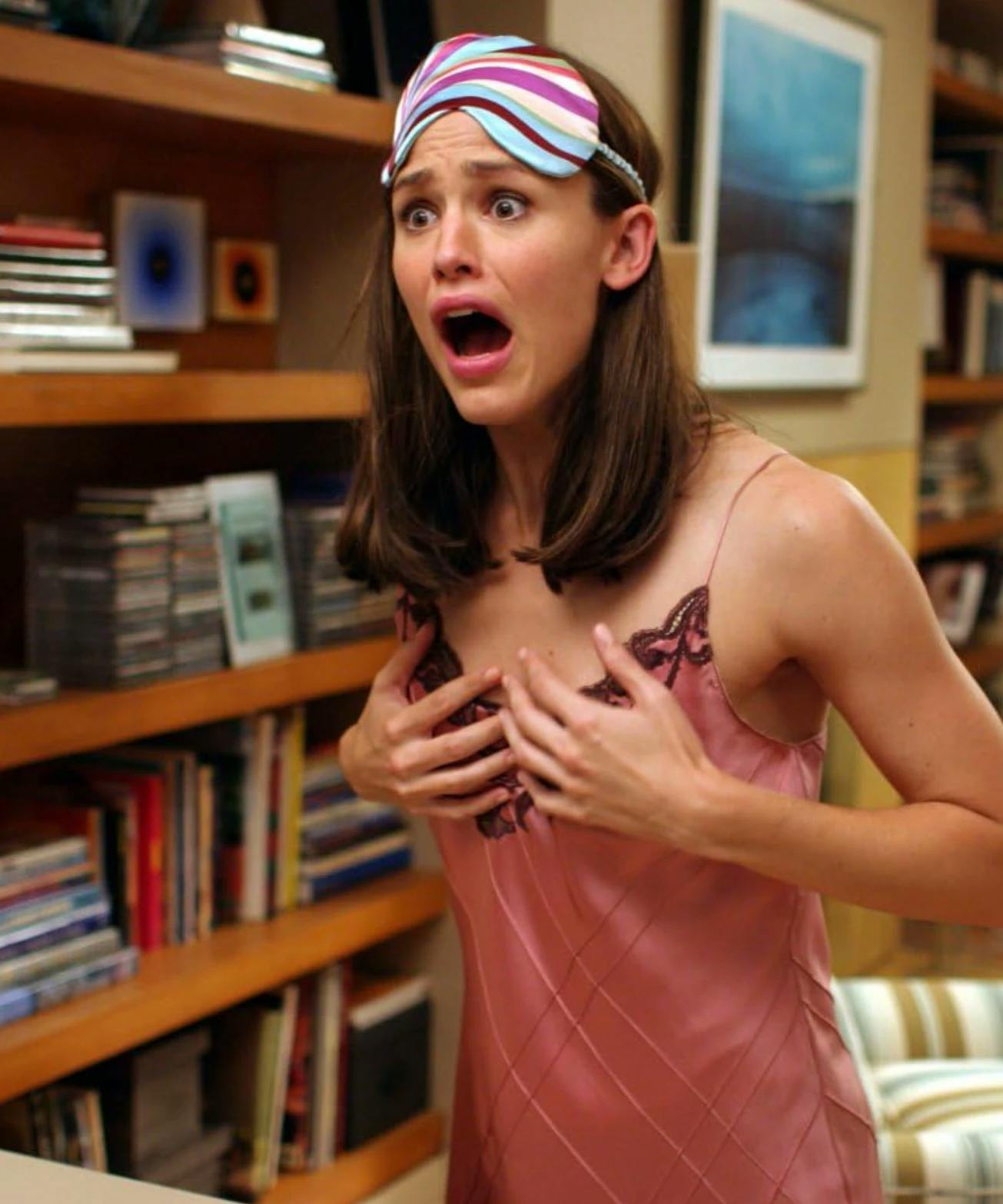
Romantic comedies tell sweet, funny, and heartwarming stories and often aren’t taken as seriously as more intense movies like crime dramas. While every genre has its ups and downs, the popularity of rom-coms has ebbed and flowed throughout Hollywood’s history, yet we always find a way back to them. Why is that?
A Brief History of Rom-Coms
Romantic comedy stories have existed since the dawn of storytelling. We have medieval examples like Shakespeare’s play The Taming of the Shrew (c. 1590) and Jane Austen novels like Pride and Prejudice (1813). The first rom-com stories on the silver screen came in the early days of the Golden Age of Hollywood, which lasted from the late 1920s to late 1960s. Some of the most successful early rom-coms were It Happened One Night, Bringing Up Baby, His Girl Friday, and The Philadelphia Story. One of the most popular actors in the genre was Cary Grant, who was one of the first Hollywood heartthrobs.
These movies were followed by other classics like Christmas In Connecticut, Roman Holiday, Gentlemen Prefer Blondes, The Apartment, and Breakfast at Tiffany’s. While some of these movies are controversial (Mickey Rooney’s role in Breakfast at Tiffany’s being the perfect example), they’re mostly wholesome and will make the whole family laugh. Some of the tropes in these movies include the journalist or private investigator who falls in love with their subject (think Roman Holiday and Gentlemen Prefer Blondes), the mismatched couple (Breakfast at Tiffany’s), and screwball comedies (It Happened One Night, Bringing Up Baby, and His Girl Friday) that feature hijinks, witty banter, quirky characters, and slapstick humor. These tropes are featured in some modern rom-coms, but they’re more common in this era.
As the Golden Age of Hollywood died down, so did the rom-com. They made a resurgence in the 1980s, which lasted until the mid-2000s. The 1980s brought in classic rom-coms marketed to teenagers and young adults like Sixteen Candles, Pretty In Pink, Dirty Dancing, Mystic Pizza, and Say Anything. Many of these were directed by John Hughes and helped launch the careers of Molly Ringwald, Julia Roberts, and John Cusack. However, one of the greatest rom-coms ever made, When Harry Met Sally, was marketed toward adults.
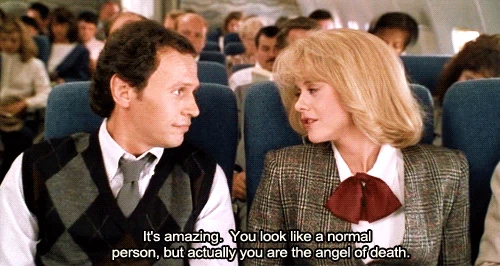
As the genre grew, so did the classic tropes that we associate with rom-coms. Some of the most famous tropes are friends-to-lovers, enemies-to-lovers, and forced proximity. I think When Harry Met Sally is so great (and has aged so well) because it hits all three of these tropes on the head.
The genre grew in the 1990s with classics like Pretty Woman, Sleepless In Seattle, Four Weddings and a Funeral, Clueless, My Best Friend’s Wedding, You’ve Got Mail, How Stella Got Her Groove Back, Never Been Kissed, Notting Hill, 10 Things I Hate About You, and Runaway Bride. Some of the most notable stars from these movies are Tom Hanks, Meg Ryan, and Julia Roberts.
The 2000s were the last decade of the golden age of rom-coms, with movies like Bridget Jones’s Diary, Legally Blonde, The Wedding Planner, The Princess Diaries, My Big Fat Greek Wedding, Sweet Home Alabama, How to Lose A Guy in 10 Days, Bend It Like Beckham, Love Actually, 13 Going On 30, 50 First Dates, A Cinderella Story, Hitch, She’s The Man, The Holiday, John Tucker Must Die, Knocked Up, and The Proposal. Popular rom-com actors of this decade include Jennifer Lopez, Reese Witherspoon, and Matthew McConaughey.
The 2000s did a great job at expanding the teen rom-com and had both wholesome and raunchy movies. What made this era great was that there was a rom-com for everyone. Those with an edgier sense of humor could enjoy Knocked Up and John Tucker Must Die, but you could watch The Princess Diaries and A Cinderella Story with the whole family.
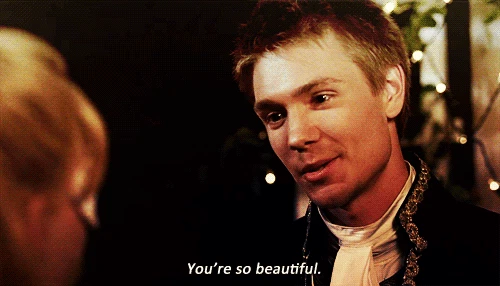
While these movies stuck to many of the classic rom-com tropes, more were added to the list, like the player meets the right girl (think Hitch and John Tucker Must Die), multicultural relationships (Bend It Like Beckham and My Big Fat Greek Wedding), mismatched couple (A Cinderella Story and Knocked Up), fake dating (The Proposal), second chance romances (13 Going On 30 and Sweet Home Alabama), and the chase to find the girl at the end (How to Lose A Guy in 10 Days).
One trope that nearly all of these movies have is a happy ending, which is one of the reasons why we always find ourselves going back for more.
Why We Love a Good Rom-Com
Why are we obsessed with rom-coms? The answer is surprisingly simple. From the struggling economy to living in a political landscape that seems to get more divisive by the minute, it’s safe to say that many of us enjoy an escape from reality through a romantic movie. Even though we’re no longer in the pandemic (I can’t be the only one who binged rom-coms during Covid), we can all use a healthy escape from reality every once in a while. Luckily, rom-coms are a fun and easy way to do so.
Neuroscientist Aditi Subramaniam, Ph.D., writes that rom-com books and movies “are comforting. Especially during times like the pandemic when everything seemed to be crumbling to pieces around us. Nothing could be more comforting than curling up with hot chocolate and a book where all ends well. Sometimes all we need is the warm, fuzzy feeling inside that tells us all’s well with the world, and I cannot think of anything better than a rom-com to do so.”
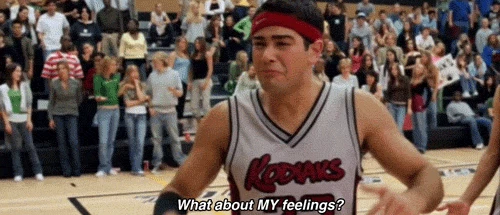
Subramaniam continues, “This is also why many of us enjoy rewatching old favorites so much – the famed ‘familiarity principle.’ Simply being exposed to something repeatedly can cause us to feel a preference towards it just because our brains find it familiar.”
This is similar to why we’re obsessed with nostalgia, because we find it comforting. It’s why so many of us re-watch our favorite movies and shows during a stressful time. In times of high stress, it can be nice to know exactly how something ends.
“A big part of the appeal of the rom-com is that it usually follows a predictable formula,” Subramaniam says. “Unlike in life, you know exactly what to expect in a rom-com, and there are no surprises. Sometimes, when you want to turn off your brain and just relax, getting thrown off by a plot twist that is not entirely pleasurable can take away from the experience.”
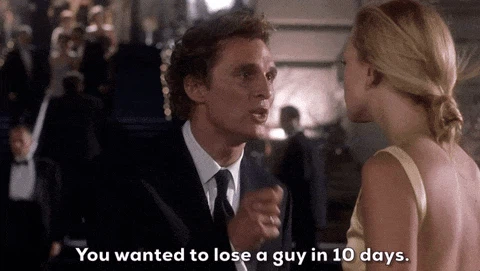
Think of popular rom-coms like When Harry Met Sally, You’ve Got Mail, and How to Lose A Guy in 10 Days. They’re good movies and fun to watch, but it doesn’t take a genius to predict the end of the movie after watching the first 15 or 20 minutes. In fact, you can probably predict the plot of each movie while watching the trailer. While some may think this is cliché, it's the reason why a rom-com is the perfect comfort movie. In a life full of things that we can’t control, it’s nice to know that these movies have a happy and romantic ending when you press the play button.
Researchers aren’t the only ones aware of the psychology of escapism – so is Hollywood. Susan Johnson, director of To All The Boys I Loved Before, wanted to make the movie based on the book series by Jenny Han so audiences could escape, as she told The Washington Post, “Now we want to see something that makes us happy and hopeful.”
Besides the comfort they provide, rom-coms are also perpetually appealing because we love to watch love stories. According to UCLA social psychology professor David Karney, love stories are universal. He says, “What’s great about love stories is that they really are virtually universal, which means that we can recognize a love story no matter what they look like. That’s how universal these emotions are. It’s very easy to identify with love stories.”
This universal appeal bears out. A February 2023 YouGov poll showed that majorities of both genders express a positive opinion of rom-coms, with 74% of women and 62% of men saying they love or like rom-coms.
The Modern Resurgence of Rom-Coms
While the early 2010s had some good rom-coms like Crazy Stupid Love, Easy A, and Bridesmaids, it took until the end of the decade to see a decent number of them. Netflix released several rom-coms in the second half of the decade, which all had the same tropes as classic rom-coms. Some of the best ones were the forced proximity trope in Set It Up (2018), the friends-to-lovers and second-chance romance tropes in Always Be My Maybe (2019), and the fake dating and mismatched couple tropes in To All The Boys I Loved Before (2018).
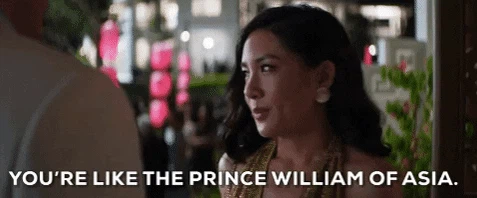
Other popular rom-coms from recent years, like The Big Sick and Crazy Rich Asians, focus on couples who are battling differences in their relationships regarding race, religion, and economic status, proving that the genre can adapt to modern audiences. Other rom-coms have banked on the nostalgia factor by casting stars who made their names off rom-coms, like Jennifer Lopez in Marry Me and Shotgun Wedding, alongside Julia Roberts and George Clooney in Ticket to Paradise.
While rom-coms are nowhere near as popular as they were in their golden age, it’s refreshing to see movies that not only prioritize love and romance but paint romantic relationships in a positive light. In a culture that likes to make fun of women for wanting to pursue a relationship and eventually have a family, a resurgence of rom-coms could signal the beginning of a cultural shift toward prioritizing love and relationships again.
Closing Thoughts
From rom-coms of the Golden Age of Hollywood telling witty and wholesome romantic stories to modern rom-coms exploring what it’s like to navigate love in a broken dating culture, most of the movies follow the same formula. Some find the predictability of these movies to be boring, but they make for the perfect comfort movies, which is why we always find our way back to them.
Love Evie? Sign up for our newsletter and get curated content weekly!